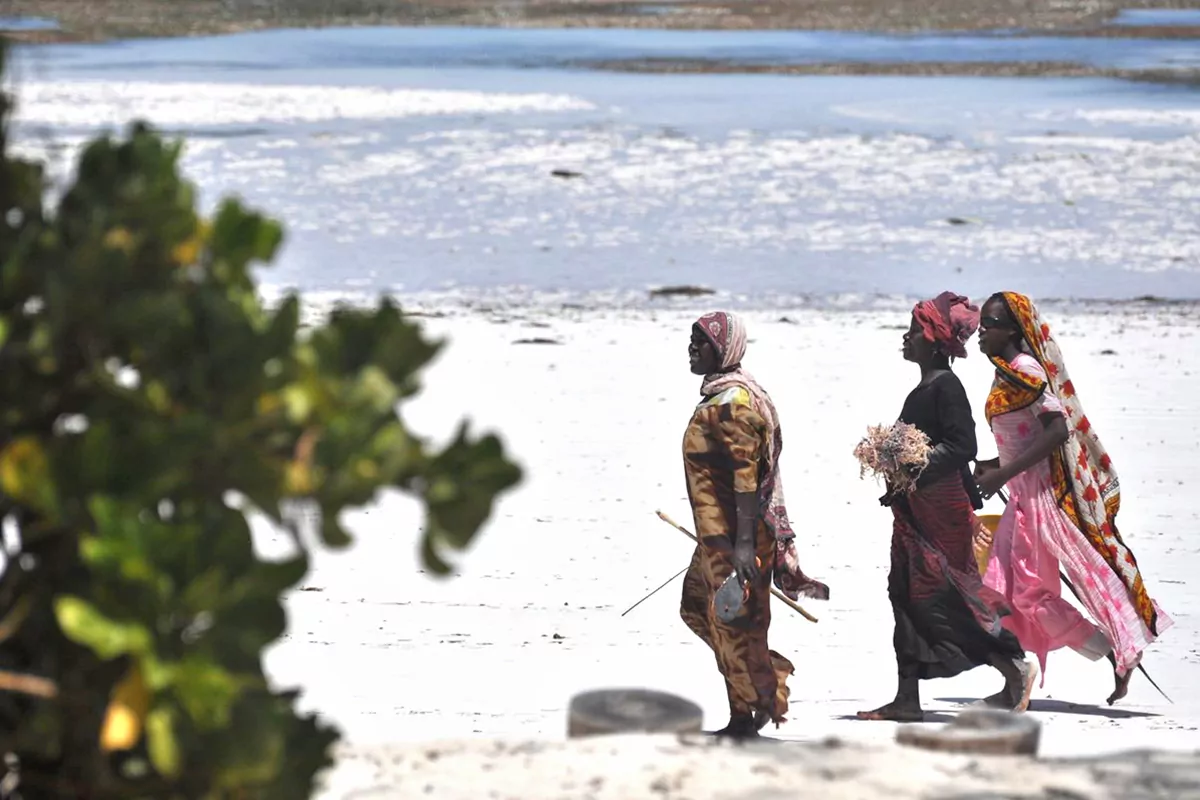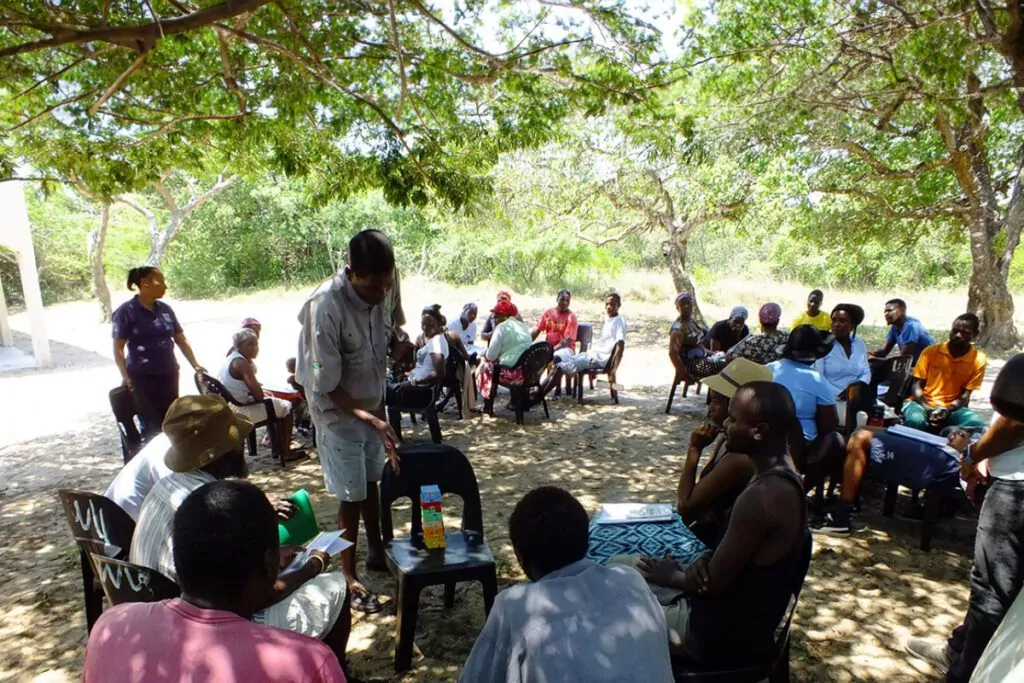With an increasing use of coastal spaces comes a need to effectively manage those areas for a multitude of stakeholders. But how do we make sure that all interests and values are recognized in marine spatial planning (MSP) efforts?
During the webinar “Social and cultural aspects in Marine Spatial Planning” on March 3rd, Kira Gee of the Helmholtz Zentrum Geesthacht gave insights into how social and cultural aspects are incorporated into marine spatial planning processes. The recording of the webinar can be found below. Since a strong focus is being laid on ecological carrying capacity, economic costs and benefits or compatibilities of sea uses social and cultural factors are often overlooked in planning spatial use of coastal areas. But the sea is also a place that holds many non-material values for individuals or communities. And while those values might not directly contribute to the economic value of an area, they significantly increase human well-being and quality of life, create a sense of identity and in many cases underpin economic activities.
Including socio-cultural components in MSP can also increase the social sustainability of planning efforts, as it increases the knowledge base for MSP and gives recognition to more diverse stakeholders in the MSP process. Currently, there is a need for data reflecting the values of a marine or coastal area for local communities and a strategy on how to translate these into MSP. Here it is important to raise awareness on the need for an integrated MSP and openly communicate the handling of the sensitive data that stakeholders provide during the process. One way to include socio-cultural values in MSP could be to consider coastal cultural objects and heritage sites, as well as traditional and cultural activities on the coast and in the sea. MSP could also look at the ocean and coastal areas as a dynamic “action space” including a variety of cultural processes. Lastly, we should also consider the process of MSP itself as culturally driven, which could potentially give rise to different marine planning cultures.


